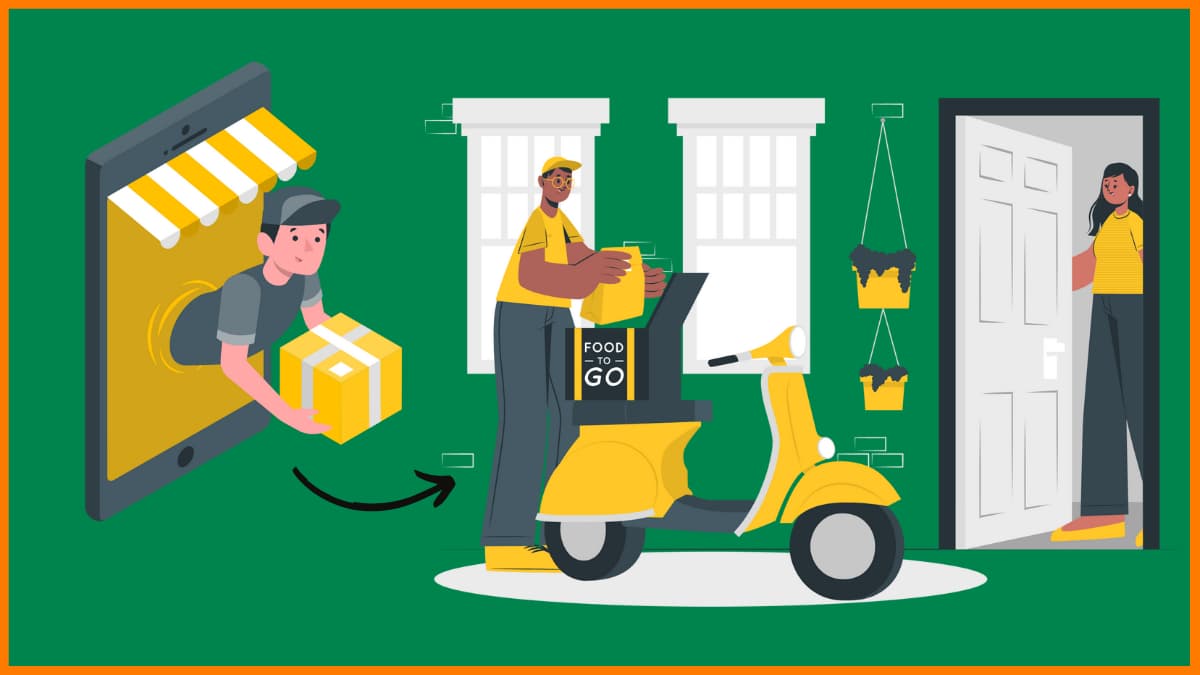How Rebel Foods Cooked Up a Billion-Dollar Success Story
🔍Insights
India's food scene was simmering with change in the early 2010s. Food delivery apps like Swiggy and Zomato were redefining convenience, and a nascent cloud kitchen industry flickered on the horizon. Amidst this disruption, one company, Rebel Foods, defied the conventional by ditching dine-in and embracing the shadows of virtual kitchens. The result? A culinary whirlwind that redefined the industry, shaking giants and carving its billion-dollar empire.
How RebelFoods DISRUPTED India’s 8000Crore Cloud Kitchen Industry
Early Seeds of Innovation
Pivoting for Profit
Technology as the Secret Spice
Brand Blitz: A Symphony of Flavors
The Impact: Numbers Don't Lie
Challenges and Beyond
Early Seeds of Innovation
Rebel Foods is an Indian online restaurant company that oversees more than 45 brands, including Faasos, Behrouz Biryani, and Oven Story. It stands as the world's largest cloud kitchen restaurant chain, operating over 450 cloud kitchens in 10 countries as of April 2022. Recently, the brand expanded into the Saudi market with three new cloud kitchens.
Founded in 2009 as a single brick-and-mortar restaurant, Rebel Foods, then known as Faasos, faced a critical crossroads in 2013.
Founder Kallol Banerjee sensed the shift: "We found out our delivery business was growing independently of the stores," he explains.
This led to a bold move – shedding the dine-in model and diving headfirst into cloud kitchens.
Pivoting for Profit
The gamble paid off handsomely. With lower real estate costs and streamlined operations, Rebel Foods' rent-to-sales ratio plummeted from 15% to 4% within two years. "It fundamentally changed the economics of the business," Banerjee observes.
Technology as the Secret Spice
But Rebel Foods wasn't just playing the location game. They built a proprietary Rebel Operating System (ROS), a tech platform that streamlined everything from menu planning to inventory management and delivery logistics.
"ROS is the backbone of our efficiency," says Arjun Krishna, Rebel Foods' Chief Business Officer. "It helps us manage multiple brands, optimize kitchen layouts, and predict demand with astonishing accuracy."

Brand Blitz: A Symphony of Flavors
Rebel Foods didn't stop at operational excellence. They understood the power of catering to diverse palates. Today, they boast over 15 brands under their umbrella, from the comfort of Indian biryanis (Behrouz Biryani) to global street food sensations (Fassos, Slay).
This strategy resonates with the evolving Indian consumer, as Krishna points out: "We offer customers variety without the hassle of switching apps or platforms."
Sagar Kochhar, co-founder and chief of EatSure at Rebel Foods, attributes their success to the seamless integration of technology with exceptional food quality. Reflecting on the brand's journey, Kochhar notes that before 2012, no indigenous food brand dominated the market. Although established brands existed for items like pizzas and burgers, Rebel Foods ventured into the market with wraps.
Successfully capturing the wraps market with Faasos, they had nearly 40 stalls by 2014. Recognizing the time it took for other successful brands to establish themselves, Kochhar underscores the importance of understanding customer preferences and the role of delivery in their business. They were pioneers in digitizing food ordering in India, capitalizing on the realization that a significant portion of their orders came through delivery.
From 2014 to 2016, Rebel Foods expanded to 160 locations, becoming the largest wrap operator in India. Kochhar observed that the food and beverage industry didn't follow demographic divisions like other industries. This insight led them to explore diverse categories through the concept of cloud kitchens, which they introduced and coined as 'dark kitchens.'
Moving beyond the association of a food category with a single brand, Rebel Foods adopted a multi-brand strategy with brands like Behrouz Biryani and Oven Story Pizza. Kochhar explains that they created each brand with unique positioning and invested in branding and storytelling. In 2020, Rebel Foods acquired the master franchise for Wendy's, further diversifying its offerings.
The Impact: Numbers Don't Lie
The results speak for themselves. With over 400 cloud kitchens spread across 10 countries, Rebel Foods has become the world's largest internet restaurant chain, clocking over 15 million orders monthly. Their success has inspired a plethora of other cloud kitchen players, propelling the Indian market to an estimated $2 billion industry by 2024.

Challenges and Beyond
Rebel Foods is built on three pillars: great recipes, a robust tech stack, and an efficient supply chain, which are incorporated into all their brands. Kochhar acknowledges the challenges of building a food brand without visible kitchens and underscores their focus on storytelling, unique product naming, and challenging branding norms.
However, the road hasn't been without bumps. Concerns about hygiene and worker welfare have occasionally shadowed Rebel Foods' meteoric rise. The company has addressed these concerns head-on, implementing stringent quality control measures and partnering with NGOs to ensure ethical labor practices.
Looking ahead, Rebel Foods shows no signs of slowing down. With plans for international expansion and further tech integration, they aim to redefine the food delivery landscape not just in India, but on a global scale. Expanding globally, Rebel Foods recently entered the Saudi market, in addition to its presence in the UAE and London. Kochhar emphasizes their unique strategy in London, questioning the necessity of cloud kitchens and highlighting their ability to scale brands efficiently through the Rebel OS stack and partnerships.
Rebel Foods' story is a testament to the power of vision, agility, and technological prowess. In a volatile industry, they not only adapted but thrived, transforming themselves from a single restaurant into a culinary behemoth. As the aroma of their success wafts across the global food scene, one thing is certain: Rebel Foods is here to stay, and their disruptive recipe for success is sure to inspire a generation of food entrepreneurs to come.

Must have tools for startups - Recommended by StartupTalky
- Convert Visitors into Leads- SeizeLead
- Website Builder SquareSpace
- Run your business Smoothly Systeme.io
- Stock Images Shutterstock







